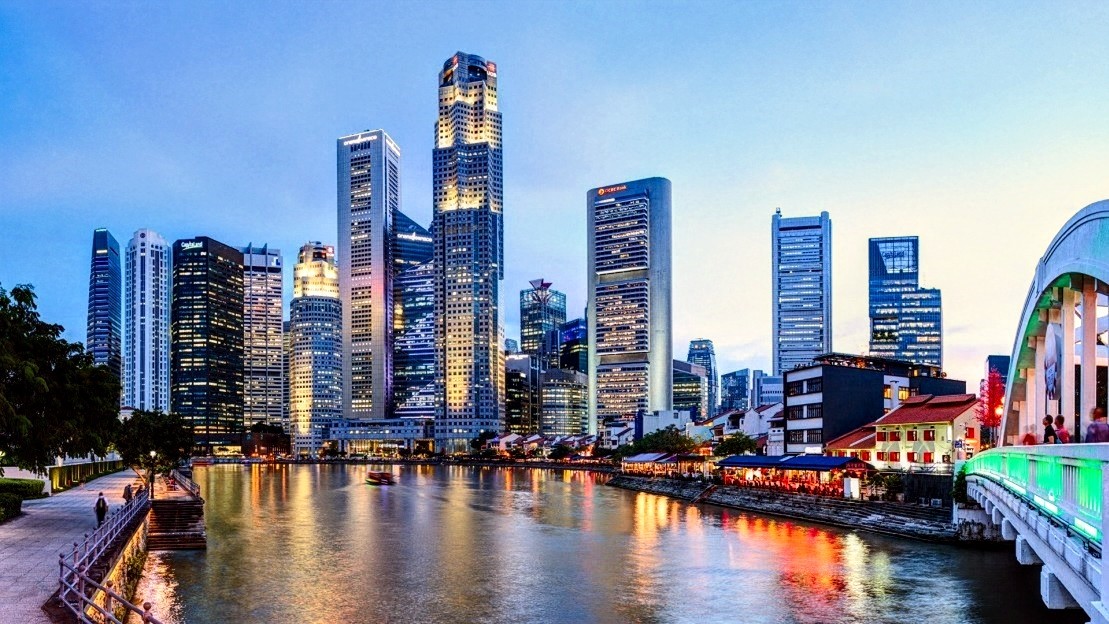Asia smart Nations
In the last five years, to date, Asia has projected itself towards the future, thanks to its cities, which, according to recent statistics, are among the top one hundred favorite destinations globally, with a consequent economic increase in the outbound tourism sector. China, for example, with its territorial vastness and population density, is the protagonist.
This year, 2018, represents the economic turning point that will lead Asia to grow by 10% in the international tourism sector, with its popular exotic destinations such as Phuket, which has almost 11 million arrivals, or Bali, which remain the favorite ‘leisure’ choices of Europeans and beyond.
In fact, the Chinese population appears to be the largest contributor, considering not only the new improved visa conditions for expatriation in their favor, but also the strategic position of this nation.
If we evaluate the ‘business’ aspect, there are millions of workers who prefer Asian destinations, among which Hong Kong stands out first, which has a total of more than 25 million arrivals per year, but also Singapore and Bangkok, which , to date, exceed 20 million visitors; all three of these metropolises are among the top destinations chosen on an international level.
From 2016 to 2017 the global inbound tourism sector grew by 1%. It is expected that by 2020 it will increase by 10%, it follows that international arrivals will also be encouraged and not only the already consolidated domestic tourism in Asian cities, as happens in China for example, since inbound tourism is prevalent here and already stable economic resource.
In fact, the states bordering this nation represent the opportunity to create and encourage new tourist trends also abroad, giving rise to a so-called trend tourism that wants to be predominant and above all Chinese.
A tourism of the future? Of course, this is what is expected for China, but also for other Asian destinations, as the statistics also highlight, they will be among the new protagonists of the tourist destinations of the future.

